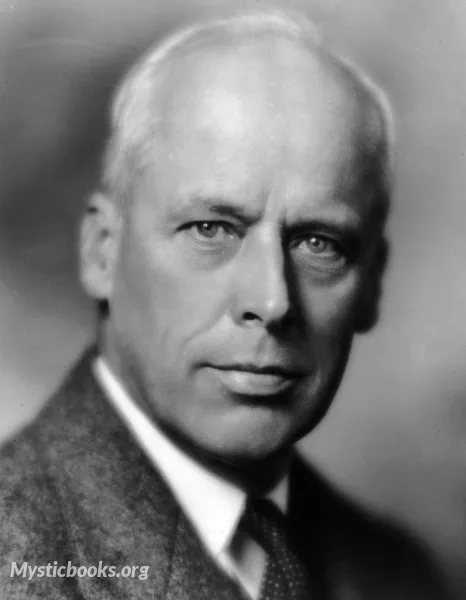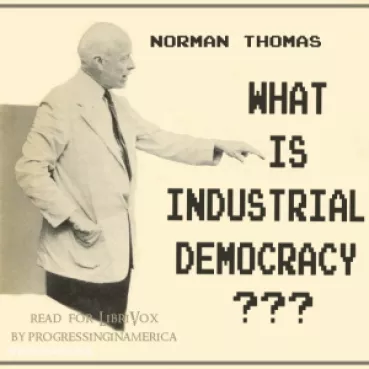
Timeline
Title
Country/Nationality
Norman Thomas
Norman Mattoon Thomas, a prominent figure in American politics, was known for his steadfast principles, his commitment to socialism and pacifism, and his numerous presidential campaigns. This comprehensive essay explores the life, principles, notable works, philosophy, and legacy of Norman Thomas.
Who Was Norman Thomas?
Norman Thomas, born on November 20, 1884, was an American Presbyterian minister who later became a renowned socialist and pacifist. He was a leading figure in the Socialist Party of America and dedicated his life to advocating for social and economic justice.
Principles and Beliefs:
Thomas held firm principles rooted in socialism, which emphasized collective ownership, social equality, and democratic control over the means of production. He believed in the redistribution of wealth, universal healthcare, and workers' rights. As a pacifist, he staunchly opposed war and violence, advocating for peaceful resolutions to conflicts.
Fame and Notable Works:
Norman Thomas gained fame primarily through his six presidential campaigns as the candidate for the Socialist Party of America. He ran for the presidency in every election from 1928 to 1948, promoting progressive policies and advocating for economic equality. Although he never won the presidency, his campaigns were influential in shaping political discourse and raising awareness about socialist ideals in the United States.
Thomas also made significant contributions as a writer and public speaker. His notable works include "The Conquest of Poverty," where he outlined his vision for a just society, and "Socialism Re-Examined," in which he critically analyzed the principles and future of socialism.
Philosophy:
Norman Thomas's philosophy centered on the belief that a society should prioritize the well-being of all its members. He argued for the elimination of poverty, access to quality education and healthcare, and the establishment of a more equitable economic system. His socialist philosophy aimed to create a society that valued cooperation over competition and worked towards the betterment of all.
Legacy and Remembrance:
Norman Thomas's impact on American politics and society is significant. While he never achieved the presidency, his campaigns helped popularize socialist ideas in the United States and influenced subsequent generations of politicians and activists. His commitment to pacifism during times of war earned him respect and admiration from those who shared his anti-war sentiments.
Thomas passed away on December 19, 1968, leaving behind a lasting legacy as a champion of social justice and progressive ideals. He is remembered as an influential figure who fearlessly fought for the rights of the working class, challenged the status quo, and advocated for a more compassionate and equitable society.
Interesting Facts:
- Norman Thomas was a vocal opponent of American involvement in both World Wars.
- Despite his political differences, Thomas had a close friendship with conservative commentator William F. Buckley Jr., with whom he engaged in spirited debates.
- Thomas's commitment to pacifism and social justice was deeply influenced by his Christian faith and his studies in theology.
In conclusion, Norman Thomas was a prominent socialist, pacifist, and presidential candidate who dedicated his life to fighting for social and economic justice. His principles, notable works, and philosophy continue to inspire and shape political discourse. Remembered as a tireless advocate for a fairer society, Thomas's impact on American politics and society remains significant.
Books by Norman Thomas

What is Industrial Democracy
In this, Norman Thomas explores the concept of industrial democracy and its potential to transform the way we view and experience work. "What is Industrial Democracy" by Norman Thomas delves into the idea of giving workers a voice and an active role...